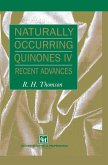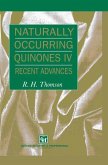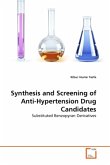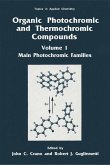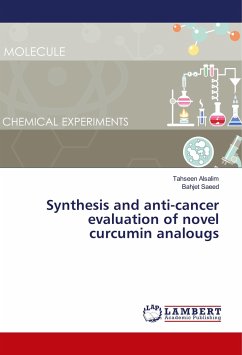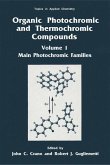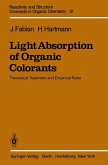Tuberculosis and Cancer are among the most
devastating and therapeutically challenging diseases.
The development of muti-drug resistance in TB causing
bacteria, Mycobacterium tuberculosis and cancerous
cells has prompted the search for effective novel
compounds. This book focuses on the synthesis and the
evaluation of different analogues of diospyrin, a
proven anti-TB and anti-cancer agent. A number of
novel binaphthoquinone and naphthoquinone-naphthalene
biaryl compounds were synthesized by using Suzuki
methodology.
Several analogues were evaluated for their biological
activity against fast growing bacteria viz., M.
smegmatis and M. aurum and against a clinical strain
of M. tuberculosis. Four novel quinones were also
evaluated for their ability to induce apoptosis in
three cancer cell lines viz., HeLa, MCF7, MG63 and
one normal cell line i.e. CHO by using APOpercentage,
DNA fragmentation and Cell cycle assays. This
preliminary investigation could provoke an interest
in scientific community to synthesize other
structurally modified quinonoids in order to develop
and establish them as potent drugs against
mycobacterium and cancer.
devastating and therapeutically challenging diseases.
The development of muti-drug resistance in TB causing
bacteria, Mycobacterium tuberculosis and cancerous
cells has prompted the search for effective novel
compounds. This book focuses on the synthesis and the
evaluation of different analogues of diospyrin, a
proven anti-TB and anti-cancer agent. A number of
novel binaphthoquinone and naphthoquinone-naphthalene
biaryl compounds were synthesized by using Suzuki
methodology.
Several analogues were evaluated for their biological
activity against fast growing bacteria viz., M.
smegmatis and M. aurum and against a clinical strain
of M. tuberculosis. Four novel quinones were also
evaluated for their ability to induce apoptosis in
three cancer cell lines viz., HeLa, MCF7, MG63 and
one normal cell line i.e. CHO by using APOpercentage,
DNA fragmentation and Cell cycle assays. This
preliminary investigation could provoke an interest
in scientific community to synthesize other
structurally modified quinonoids in order to develop
and establish them as potent drugs against
mycobacterium and cancer.


